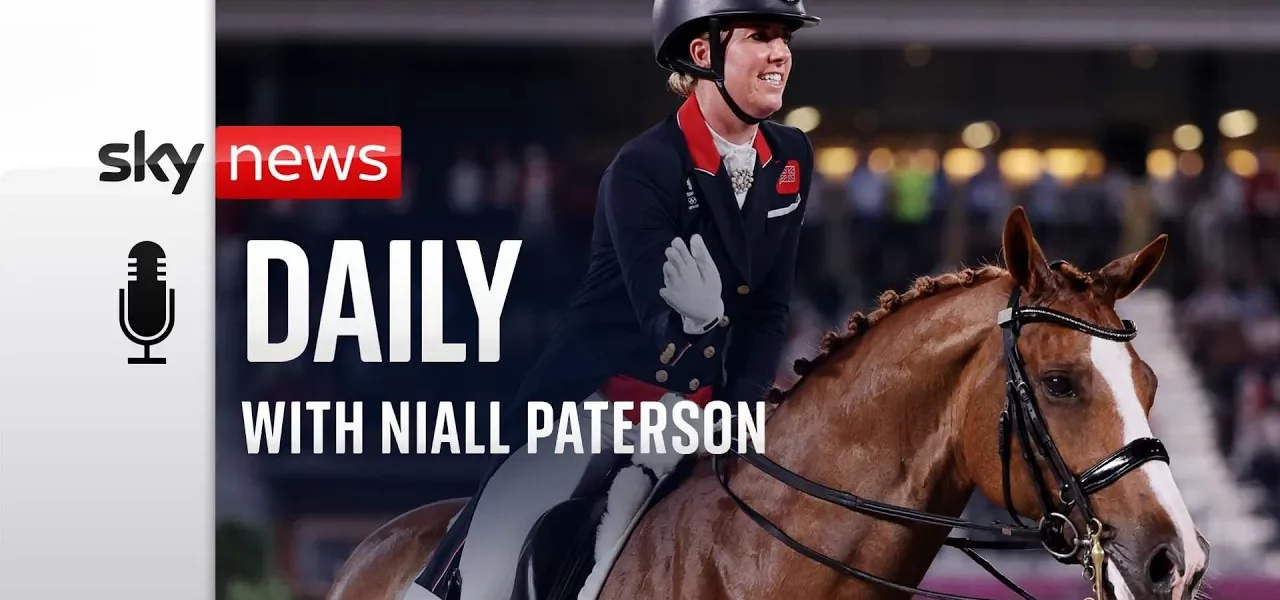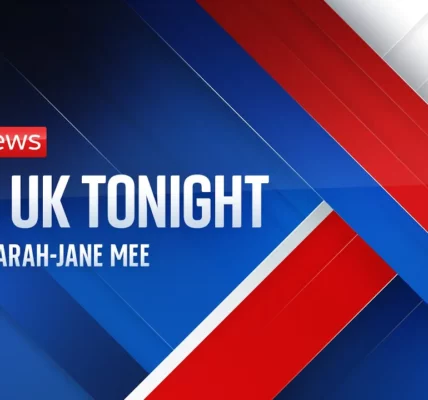Charlotte Dujardin Withdraws from Paris Olympics: A Controversy in Equestrianism

In a shocking turn of events, Charlotte Dujardin, Britain’s most decorated female Olympian, has withdrawn from the Paris Olympics amidst a controversy that has ignited discussions on animal welfare in equestrian sports. This article delves into the details surrounding her decision, the implications for equestrianism, and the broader conversation about the treatment of horses in competitive sports.
Introduction
Charlotte Dujardin was poised to lead Team GB at the opening ceremony of the Paris Olympics, aiming for her seventh Olympic medal to become the most decorated female Olympian from Great Britain. However, just days before the games, she made the decision to withdraw after a video surfaced showing her using excessive whipping during a training session. This incident has prompted significant scrutiny regarding the methods used in equestrian training, raising important questions about the ethical treatment of horses in competitive sports. This article explores the implications of Dujardin’s actions, the reactions from the equestrian community, and the ongoing debate about animal welfare in the world of sports.
The Incident: A Closer Look at the Video
The video that led to Dujardin’s withdrawal was shared by a Dutch lawyer representing an unnamed complainant, reportedly showing Dujardin using a training whip excessively on a horse’s legs. Critics of the training method claim that the use of the whip was not only excessive but also damaging to the horse’s welfare. The incident raises critical questions about training practices in dressage and the standards governing horse welfare in equestrian sports.
Understanding Dressage Training
Dressage is often described as “horse dancing,” a sport that showcases the horse’s ability to perform intricate movements in response to the rider’s commands. While the sport emphasizes grace and elegance, the methods used to achieve these skills can be contentious. Key points regarding dressage training include:
- Training techniques vary widely among riders and trainers.
- Effective communication between horse and rider is crucial for success.
- Excessive use of whips and other tools can lead to distress and injury to the horse.
Charlotte Dujardin: A Profile of Success and Controversy
Charlotte Dujardin has established herself as a formidable force in the world of equestrian sports. With a remarkable track record that includes:
- Three Olympic gold medals from London 2012, Rio 2016, and Tokyo 2020.
- Numerous World and European Championship titles.
- Recognition as one of the most influential equestrians in modern history.
The Fall from Grace
Despite her accolades, the recent incident has overshadowed Dujardin’s achievements, leading to her suspension and withdrawal from the Olympics. This situation not only impacts her career but also raises questions about the integrity of equestrian sports and the treatment of horses.
Reactions from the Equestrian Community
The equestrian community has responded with a mix of support for Dujardin and condemnation of her actions. Many are concerned about the implications of her withdrawal for the sport as a whole.
Animal Welfare Advocates Speak Out
Animal welfare organizations have seized the opportunity to criticize the use of whips in equestrian sports. They argue that:
- Horses do not “volunteer” for performance and should not be subjected to coercion.
- Excessive training methods can lead to long-term psychological and physical harm to horses.
- The incident highlights the need for stricter regulations regarding animal welfare in competitive sports.
The Role of Governing Bodies
The International Federation for Equestrian Sports (FEI) has stated that while the use of whips is not banned, it is the manner and extent of their use that raises concern. They are now faced with the challenge of addressing this incident while maintaining the integrity of the sport.
The Future of Equestrianism in the Olympics
This incident has sparked a larger conversation about the future of equestrianism in the Olympics. With growing scrutiny over animal welfare, there is speculation about whether events like dressage will continue to be featured in future games.
Potential Changes to Regulations
As a result of this controversy, discussions are already underway regarding potential changes to regulations surrounding training practices in equestrian sports. Key considerations include:
- Implementing stricter guidelines on the use of training aids.
- Increased oversight of training practices to ensure horse welfare.
- Engaging the equestrian community in a dialogue about ethical training methods.
Conclusion
Charlotte Dujardin’s withdrawal from the Paris Olympics serves as a critical reminder of the ethical considerations surrounding equestrian sports. As the conversation about animal welfare continues, it is essential for the equestrian community to reflect on training practices and ensure the well-being of the horses involved. The future of equestrianism in the Olympics may depend on the industry’s ability to adapt and prioritize the welfare of these magnificent animals. We encourage readers to engage in discussions about animal welfare in sports and consider supporting organizations that advocate for ethical treatment of horses.
“`




